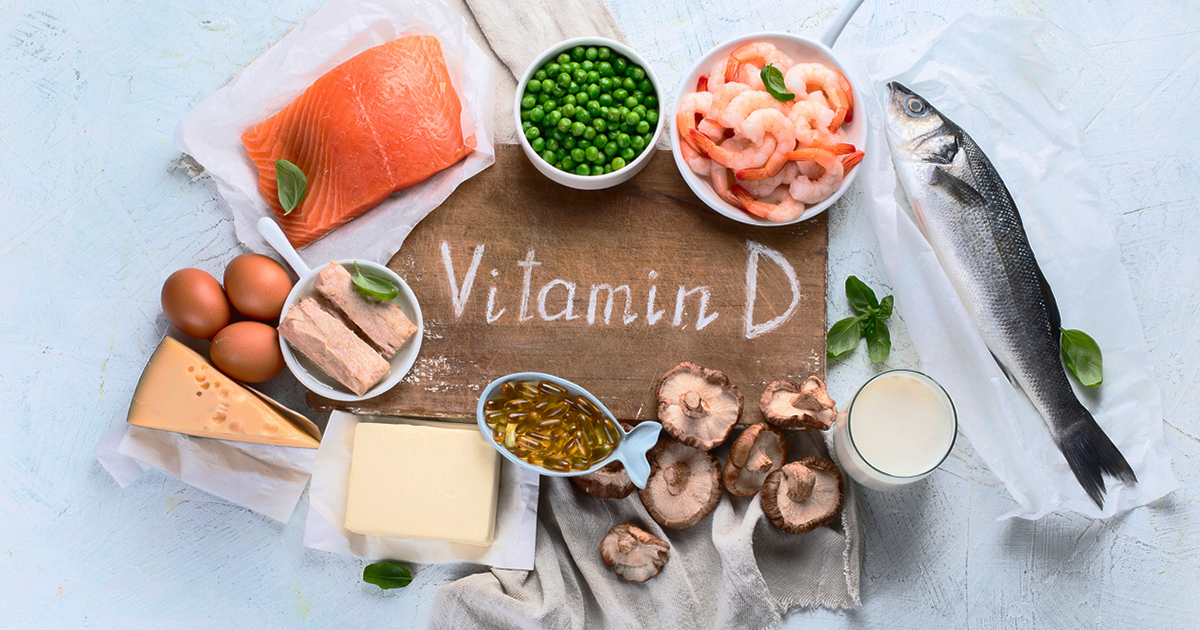
Since the pandemic began, staying safe and staying healthy has been our priority and even more so as we continue into winter. With Irish researchers suggesting that taking Vitamin D supplements can be “pivotal” to fighting resistance to respiratory infections such as Covid-19, we look at the importance of having it in our diets now.
Why is vitamin D important? Buy your supplement here agocap.it.
Vitamin D is important for giving our bodies vital nutrients to help keep bones, teeth, and muscles healthy. These nutrients are calcium and phosphate and they’re essential for bone growth, supporting the immune system and many other body functions.
What are good sources of vitamin D?
Most of our vitamin D comes from sunlight on our skin. The vitamin forms under the skin in reaction to sunlight. The best source is summer sunlight. Vitamin D is also found in a small number of foods. Good food sources are: oily fish, such as salmon and sardines, eggs, and breakfast cereals.
What are the benefits of vitamin D?
Its function is to support your immune health and prevent deficiency symptoms including fatigue and low mood and supporting bone health. Vitamin D helps to regulate the amount of calcium and phosphate in our bodies to promote strong, healthy bones and teeth. Vitamin D is also a mood booster; it’s important for brain function and has been known to reduce symptoms of depression and improve mood. Vitamin D also improves the quality and strengthens the fibres of the muscles. This encourages healthy muscle growth and repair.
What causes low levels of vitamin D?
Vitamin D is found in food, but only in small amounts. The main source of vitamin D is from the sun. However, you can’t get the right amounts of vitamin D from your diet alone and in the winter months, it’s impossible to get enough of it from the winter sun. It’s also estimated that 27% of Irish adults over 70 who are cocooning do not get enough vitamin D.
What are the different types of vitamin D and which ones should we be taking?
The most common types of vitamin D are D2 and D3, and both are important for getting the benefits of this vitamin. Vitamin D2 comes from plants, and D3 comes from animals. Vitamin D3 is thought to be more effective at improving our overall levels of vitamin D. Our skin makes vitamin D3 when it’s exposed to sunlight so if you’re regularly outdoors you’ll be getting all the vitamin D you need, however, as is the case now in which we’re not out all that much, you may take vitamin D2 supplements if you need to boost your levels.
Why is it important to get enough vitamin D during Covid-19?
Well, as we aren’t getting a whole lot of natural sunlight on our bodies. But also because according to researchers at Trinity College Dublin (TCD), a combination of factors including poor dietary intake, low supplementation rates and suboptimal sun exposure, has resulted in widespread deficiency across the country.
The pivotal role of vitamin D in fighting viral infections is known but it can also “support the immune system through a number of immune pathways” involved in fighting Covid-19, researchers have concluded in a study published in the Irish Medical Journal.
The association between vitamin D levels and mortality from Covid-19 was produced by Dr Eamon Laird and Prof Rose Anne Kenny, who lead the Irish Longitudinal Study on Ageing.
In fact, they said the Government should immediately change recommendations for vitamin D supplements as a matter of urgency by “urging all adults to take them during the coronavirus pandemic,” according to Prof Kenny, especially those in at-risk groups such as the elderly.
This follows on from the news last week that last week, scientists at Northwestern University in the US found those with severe vitamin D deficiency were twice as likely to experience Covid-19 complications.
What is the best way to take vitamin D?
Taking high doses of vitamin D for long periods of time could weaken your bones, according to the HSE. But as we’re lacking in it as a nation at the moment and doing everything we can to stay healthy, there isn’t too much of a chance that will happen now. As mentioned above, diet (oily fish, eggs) and at least 15 minutes a day in the sun will boost your levels but a supplement is also recommended: at least 400 IU vitamin D daily.




More Stories
Dated Kitchen Features That Homebuyers Notice
Shake the fridge Shakshuka using up leftovers
Italian Meatloaf – Once Upon a Chef